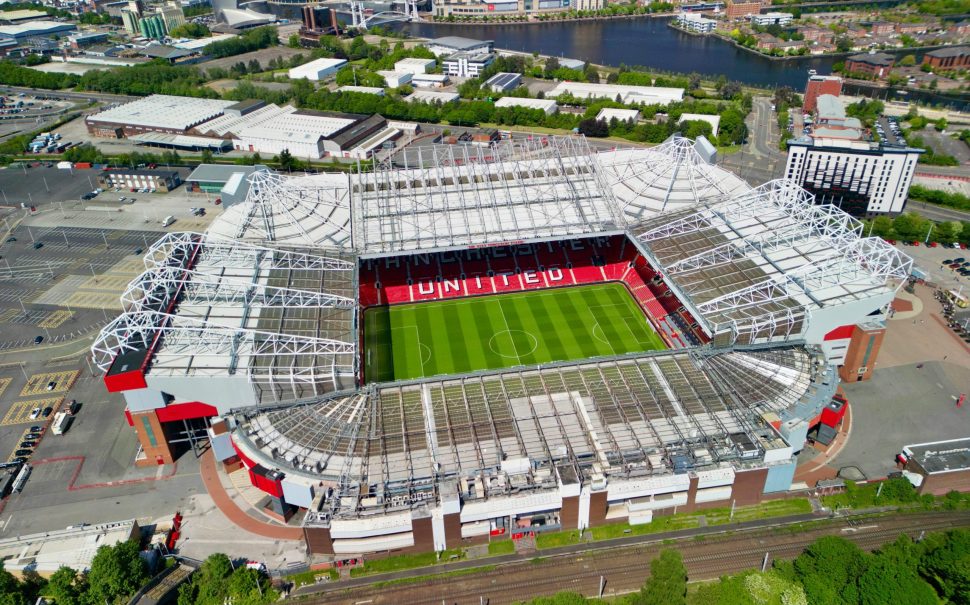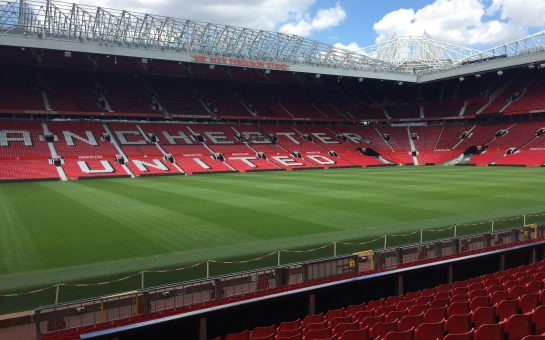Manchester United have taken a firm position on Casemiro’s future, reportedly making any contract renewal conditional on the midfielder accepting a significant pay cut.
Casemiro, now 33, has been a consistent figure in United’s midfield, especially under new manager Rúben Amorim, who sees him as vital to implementing his tactical approach.
Despite that, the financial reality at the club appears to be overtaking sentiment. United’s leadership, now heavily influenced by INEOS and Sir Jim Ratcliffe, is taking a hard look at wage efficiency, and Casemiro’s pay packet is seen as unsustainable in the longer term.
This decision marks a significant shift in how the club manages its senior players, especially those who arrived during high-spending seasons with the expectation of long-term guarantees.
Amorim is said to be aligned with the board’s view but may privately prefer to retain Casemiro, who brings invaluable leadership and Champions League experience to a relatively young dressing room.
Implications for football markets and bettors
The uncertainty surrounding Casemiro’s contract isn’t just a point of interest for Manchester United fans.
For those who closely follow football betting markets, such developments are often catalysts for market fluctuations.
Odds on Manchester United’s future performance, Casemiro’s next destination, and the club’s transfer strategy could all be affected if the midfielder chooses not to renew or is pushed toward an early exit.
As news like this circulates, savvy punters often look to capitalise on shifting odds.
The best new bookmakers will most likely be a popular choice for bettors, as they tend to react quickly to team news and insider developments, giving bettors a potential edge in a highly competitive market.
Whether it is futures bets on United’s top-four finish or odds on player movements, staying ahead of the curve can be profitable.
This is especially true during periods of transition, where player valuations and squad dynamics are fluid.
A player of Casemiro’s calibre, potentially available for free in 2026 or even earlier if tensions rise, becomes a major storyline, not only in football journalism but in the betting world.
His next move could impact not just one club’s fortunes, but multiple leagues and competitions.
Amorim’s dilemma in the middle of a rebuild
Rúben Amorim has quickly put his stamp on Manchester United’s tactical setup since arriving from Sporting CP, and Casemiro has featured prominently in that system.
His reading of the game, physical presence, and ability to shield the back line have given United a stronger defensive base, something that has been lacking in recent campaigns.
Yet Amorim now finds himself navigating the tension between sporting needs and financial realities.
It’s no secret that the INEOS-backed leadership is aiming for long-term sustainability and performance-based contracts.
While that philosophy makes sense in principle, it can cause friction when applied to decorated veterans like Casemiro, who may feel they’ve earned more flexibility through performance and loyalty.
Whether Amorim supports the board’s financial hard line or argues behind the scenes for a compromise will be an intriguing subplot to follow.
His handling of the situation could offer early insight into his authority at the club and the extent of his influence in strategic decisions.
What Casemiro must consider
From the player’s perspective, this is more than a simple financial negotiation.
Casemiro must weigh several factors: his age, his role under Amorim, his status within the dressing room, and the potential destinations available to him if he leaves United.
Should he reject the proposed salary reduction, he could run down his contract and leave on a free transfer in 2026.
That may suit him, especially if he is eyeing a move back to Brazil or a final big-money contract elsewhere, perhaps in MLS or Saudi Arabia.
However, the risk is that United freeze him out of the squad or push for an early sale, which could impact his form and reputation.
On the other hand, agreeing to the pay cut might keep him central to Amorim’s plans, allowing him to continue competing at the highest level in Europe and potentially win silverware.
But accepting reduced terms could also be perceived as a concession that his best years are behind him, something no elite athlete accepts lightly.
Wider squad implications
United’s stance on Casemiro could also send a clear message to other senior players. The era of large, long-term contracts without performance-related clauses appears to be over at Old Trafford.
This policy may attract younger, more motivated talent, but could also unsettle existing stars who are nearing contract negotiations themselves.
Morale in the dressing room can be fragile during such transitions. If a well-respected figure like Casemiro is seen as being pushed out or undervalued, it might influence how other players view the club’s loyalty and strategic direction.
Conclusion
Manchester United’s insistence that Casemiro take a pay cut to renew his contract is a significant moment in the club’s modern evolution.
It marks a shift toward financial discipline, even at the risk of losing an influential player.
The decision will be closely watched, not only by fans and pundits but by the betting community, where such developments can offer valuable insight.
For football bettors, especially those tracking transfer markets or squad futures, these internal negotiations are more than back-page news.
Whatever Casemiro decides, the outcome will shape Manchester United’s short-term ambitions and long-term culture, and could ripple far beyond the Premier League pitch.
Featured image credit: Mylo Kaye via Pexels




